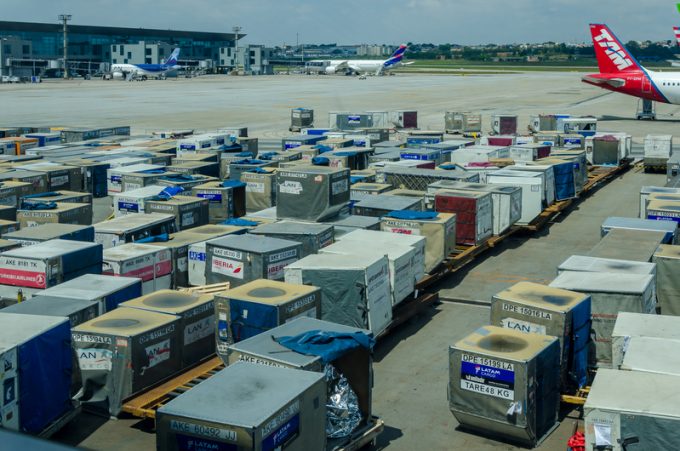Gemini to reintroduce direct Asia-Europe calls at Aarhus and Gothenburg
The first cracks in the Gemini partners’ philosophy of limiting direct calls on their Asia-Europe ...

Airports are claiming they have taken a more central role in the supply chain – but their customers say congestion problems still need to be fixed.
“The role of airports in the supply chain has changed completely,” said Gustavo Figueiredo, chief executive of Sao Paulo’s Guarulhos ...

Comment on this article